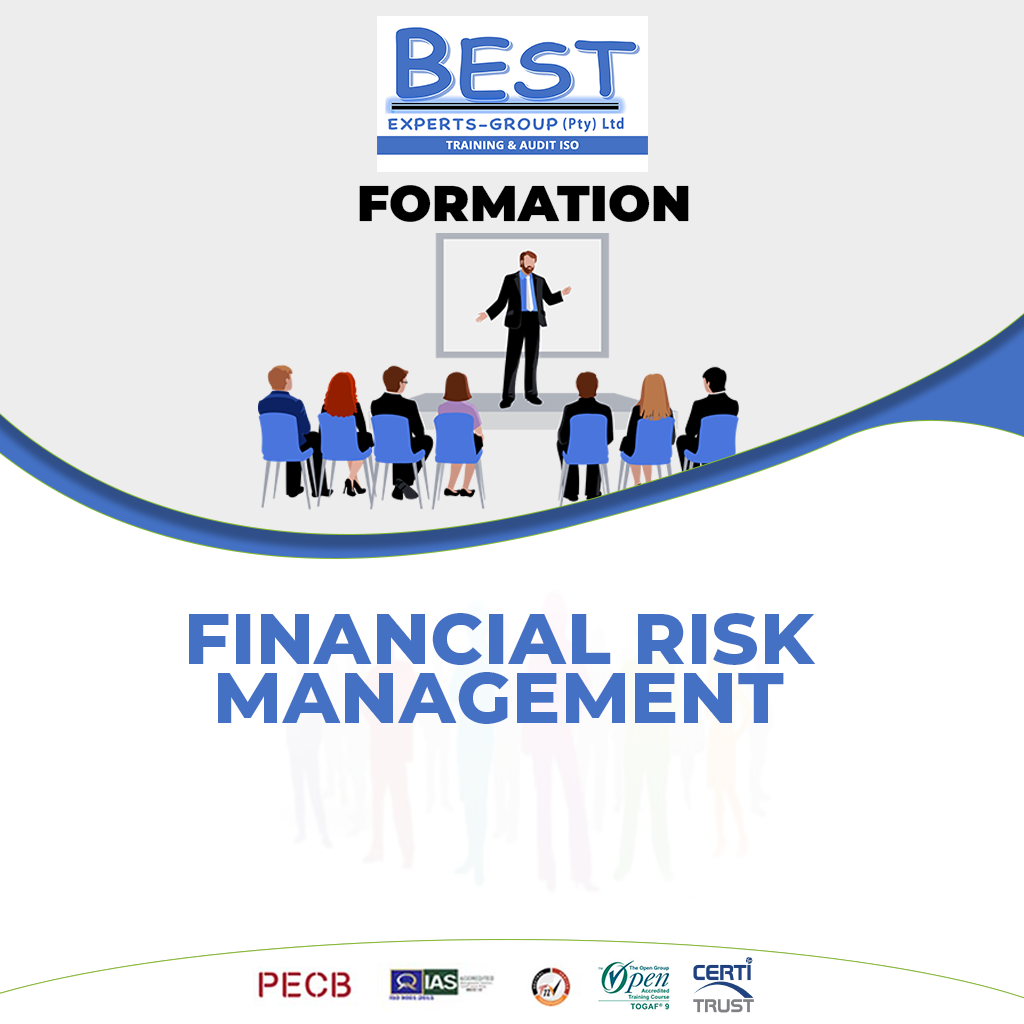DESCRIPTION
Financial risk management has become an extremely important discipline for corporations, financial institutions and many government enterprises. There has been a revolution in the financial services industry over the past 30 years caused by the confluence of several factors. These include advances in information technology, deregulation, liberalization and globalization. Managers with a finance responsibility are expected to have a working knowledge of the principles and practices of financial risk management. Financial reporting is now seen as less important than skill in financial decision making. The volatility in financial and commodity markets clearly shows that firms face risks.
This course in financial risk management aims to analyse, control, and if necessary, reduce those risks to an acceptable level. This is an essential aspect of financial management and one increasingly sought by practitioners. The course aims to integrate risk management as part of financial theory and practice. It will deliver practical knowledge and skills needed by finance professionals in addressing everyday problems in corporate financial risk management. It provides clear understanding of the theories, principles, tools and instruments for financial risk management.
This programme will deal with budgetary, trading, propriety, fiscal and treasury management risk, setting out the techniques for risk identification, assessment and mitigation. We will examine the roles of managers, financial managers and internal and external audit in managing risk and the governance arrangements that support and enforce the management of risk.
OBJECTIVES
At the end of this course, delegates will understand the followings:
- Understand the risk management function
- Define your risk management function – consider tools to reduce the conflict between risk managers and traders
- Apply financial instruments (derivatives and non-derivatives) to manage treasury rate risk
- Assess and manage foreign exchange exposure
- Understand the limitations of credit risk VaR
- Explore the issue with Credit Default Swaps
- Discuss the latest developments in liquidity risk management
- Understand Collateralized Debt Obligations (CDOs)
- Describe the financial risk management process
- Identify key factors that affect interest rates, exchange rates, and commodity prices
PREREQUISITES
Participants must have a knowledge in financial management
TARGET AUDIENCE
This course will benefit risk managers, Pension fund managers and trustees, CFOs / Finance Directors, Systems developers for trading and risk management, Head of treasury / treasury managers / sales, Investment analysts, Internal auditors, Risk and compliance managers, Credit managers, Investment & fund managers and Operations managers.
PROGRAM OUTLINE
- Overview of Risk Management
- What is financial risk management?
- Definition of risk and risk management
- Role of risk management
- Types of risk
- Principles of risk management
- Market Participants
- Banks and financial institutions
- Corporates
- Fund managers
- Liability managers
- Types of Risks
- Market risk
- Credit risk
- Liquidity risk
- Operational risk
- Integrated or enterprise wide risk management
- The Risk Management Process
- What does the process bring to an organization?
- What can a risk management standard offer us?
- AS4360
- COSO
- New ISO 31000
- Risks in Context
- Understand the organization
- Constraints and requirements
- How to Identify Risk
- Identify the potential sources of risk
- Identify the actual risks
- What about future risks?
- Measure the Risks
- Quantitative techniques
- VaR and limits
- Qualitative techniques
- Risk maps/CSA
- Managing the Risks
- Risk management Strategies
- Risk Treatments
- Avoid
- Reduce
- Share
- Accept
- Core risk management practices
- Risk management controls
- Policy documents
- Procedural documents
- Internal controls
- Monitoring Risk
- Monitor
- KRI, KPI, KCI
- Communication
- Reporting
- Reviewing
- Risk Management Function
- Organizational structures for risk management
- Financial risk management performance
- Non-financial institution vs. bank
- Market risk unit
- Auditors
- Regulation of Financial Institutions
- Industry standards






Avis
Il n’y a pas encore d’avis.